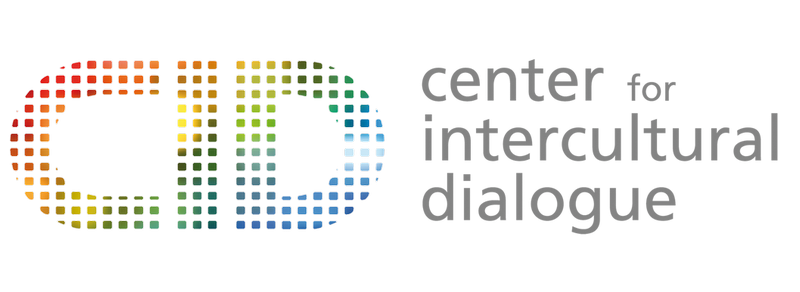Dates of the project: 01.09.2020 – 28.02.2023
Lead partner: Pädagogische Hochschule Freiburg – Germany
Partners:
Pontydysgu SL, Spain;
Center for Intercultural Dialogue, North Macedonia;
Nexus Europe Ireland Ltd, Ireland;
Synergasia Enegon Politon, Greece;
Pontydysgu SL, Spain;
Center for Intercultural Dialogue, North Macedonia;
Nexus Europe Ireland Ltd, Ireland;
Synergasia Enegon Politon, Greece;
Pistes Solidaires, France.
Project Aim:
The aim of the project – Virtual Mobility for All is to support Adult Education organizations and those working with people with disabilities to promote Virtual Mobility. The main target group for the project are people with physical and mental disabilities participating in Adult Education but the concept of virtual mobilities has significant potential to be used by any learner in different educational areas such VET, School and Higher Education.
The project brings together a new consortium of organisations including universities, NGOs, youth organisations and SMEs. They share a common mission for equal opportunities and open education and a common concern to support people with disabilities. They also have expertise in how digital technologies can be used to support VM. The project is coordinated by the University of Education, Freiburg and includes partners from Greece, North Macedonia, France, Ireland and Spain.
The objectives of the project Virtual Mobility for All are to develop and pilot:
– A framework of skills and competencies required by participants in virtual mobilities
– An online and hard copy Guidebook
– A Toolkit for Virtual Mobilities for hosting organisations and trainers including tools, software, hardware and methods – A self-assessment tool based on the framework (IO1) that provides a personalised path for learners
– The t development and organisation of a Massive Open Online Course (MOOC)
– Pilot testing of Virtual Mobilities and the production of a report on the pilots
The project will organise five groups of activities, each producing results to achieve these aims.
The first will be a framework of skills and competencies required by participants in virtual mobilities. The framework will be developed by project partners working together with Associated Partners and with organisations for people with disabilities. It will consider the work by the European Joint Research Council in developing the DigiCompCitizens and DigiCompEdu frameworks, building on these to include skills and competences both for Young Adults in using digital technologies for learning and Virtual Mobilities and teachers and trainers for using technologies for young adults with disabilities and for supporting Virtual Mobilities.
The second will be a self-assessment tool based on the framework that provides a personalised path for learners to both identify the skills and competences they already have and those that they feel require further development. The self-assessment tool will guide users through developing their own learning pathway, including for people with disabilities and for teachers and trainers,
The third group of results will be an online and toolkit for Adult education organisations, teachers and trainers in developing and implementing Virtual Mobilities including Virtual Internships and participation in programmes by Young Adults from different countries. The toolkit for Virtual Mobilities will also include tools, software, hardware and pedagogic approaches. The software guidance will focus on how to use assistive software to support different user groups and on tools for communication for virtual participation in internships, events and blended learning programmes. The toolkit will be developed online and multimedia will include video and interviews with Young Adults with disabilities and well as with teachers and trainers. It will provide examples of best practice from Adult Education providers. The aim is to provide practical support for any organisation wanting to set up Virtual Mobilities.
The fourth project result will be the design and delivery of a Massive Open Online Course (cMOOC). This will be designed as an inclusive course for both young adults with disabilities and for teachers and trainers working with people with disabilities. The c in the MOOC refers to our pedagogic approach in that in addition to producing online learning materials including videos and text we will foster and support community interactions between participants and especially between those with disabilities and teachers and trainers. The course will take place online over six weeks and will take a nominal four hours learning time a week. The materials will be freely available for download and reuse by other organisations.
The final and important group of activities and results will be the pilot testing of Virtual Mobilities by project partners and associated Partners. The results of the pilots will be thoroughly evaluated and with the aim both of iterative improvements in our own and our partners practice but also in the production of a report which can further serve to support organisations in themselves setting up Virtual Mobilities during and after the period of project funding.
